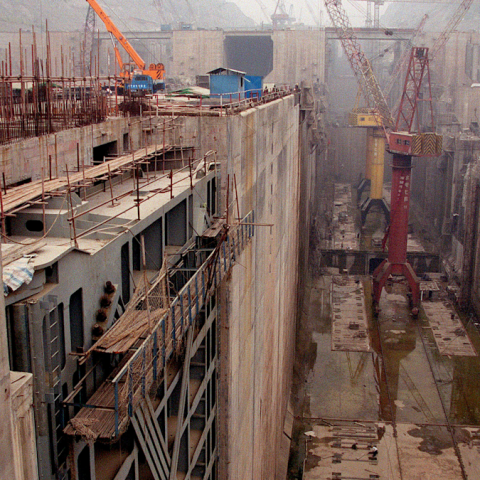Humans might eventually face extinction, leaving Earth to heal and adapt. While we can’t predict a precise future without people, experts have shared interesting insights about what might happen.
Many believe humans could be responsible for their downfall. JV Chamary from the BBC notes, “While there’s a chance we can survive climate change effects, it seems increasingly likely that we and many other species could go extinct.” Climate change has already altered our planet, but without humans, something like an ice age could emerge. Significant shifts in temperature may push Earth into a colder phase within 100,000 years.
Before humans disappear, though, they’ll leave a mess. According to The Spectator, we would create “mountains of waste” that could harm wildlife for years. Buildings would also suffer: wooden structures might collapse as nature takes over, and concrete would erode from weather extremes.
Life for other species would change dramatically. As humans occupy every corner of the globe, their absence would clear the way for many animals to thrive. Ecologist Carlton Basmajian suggests that farm animals could quickly become targets for predators like bears and wolves. Even domestic cats would return to the wild but may struggle against larger creatures.
Fascinatingly, experts like Tim Coulson from Oxford University speculate that the octopus might emerge as a dominant species in a post-human world. With their intelligence and adaptability, they could potentially fill the gap left by humans. Other candidates include certain primates, birds, and even some insects that could evolve based on available resources and environmental conditions.
Earth’s recovery might not happen overnight. In the short term, ecosystems would face turmoil as nature reclaims habitats. However, Basmajian believes that a thousand years later, remnants of human civilization would still be somewhat recognizable. “What remains will depend on material durability and climate factors,” he adds. Interestingly, the Covid-19 pandemic briefly improved air quality, showing how quickly nature can respond to human absence.
According to Erin Saupe, a palaeobiologist at Oxford, biodiversity often returns after mass extinctions within 2 to 5 million years. Still, the severity of environmental changes plays a massive role in recovery narratives. Ultimately, the extinction of humans would reflect our treatment of the planet. It may serve as a reminder that our civilization needs ongoing care to thrive, just like the Earth itself.
For more about climate change and its impacts, see the EPA’s climate change resources.





















